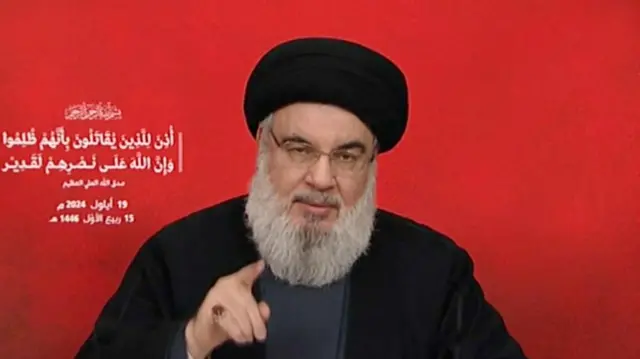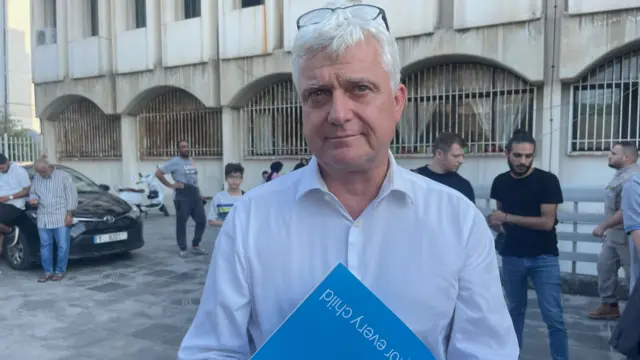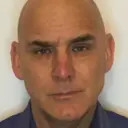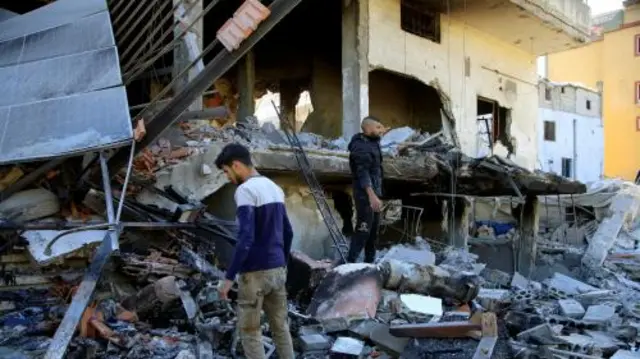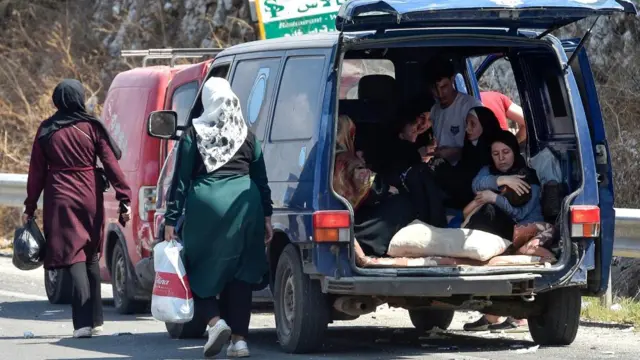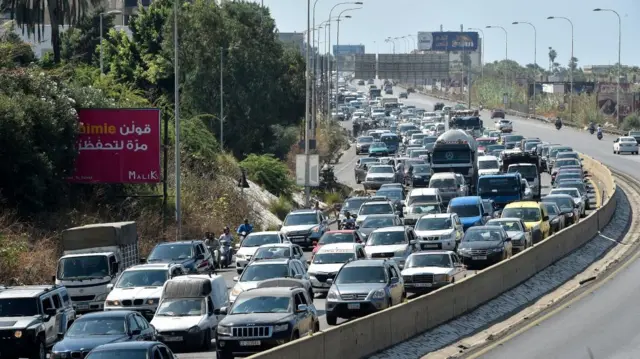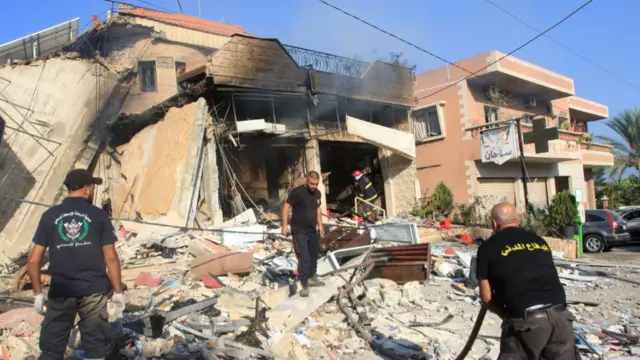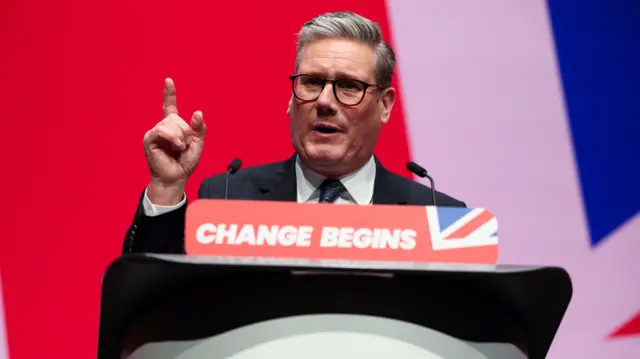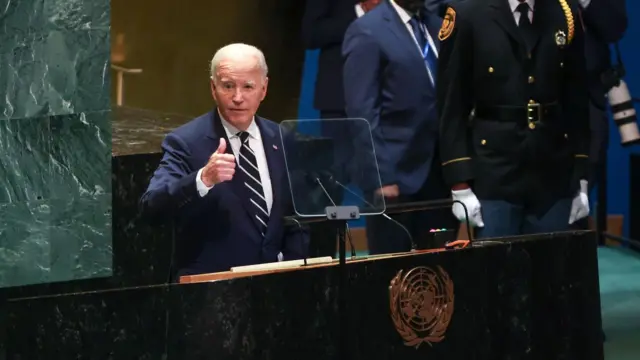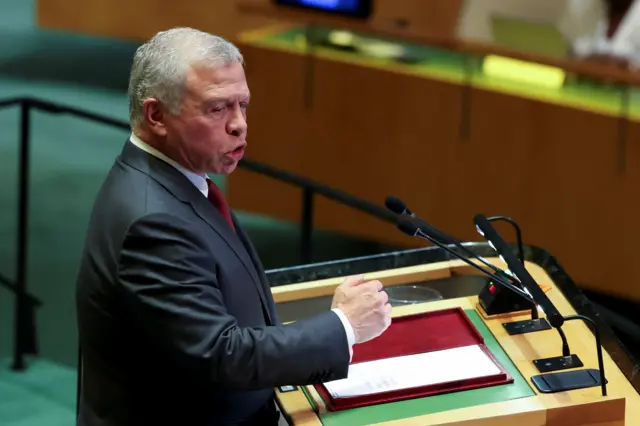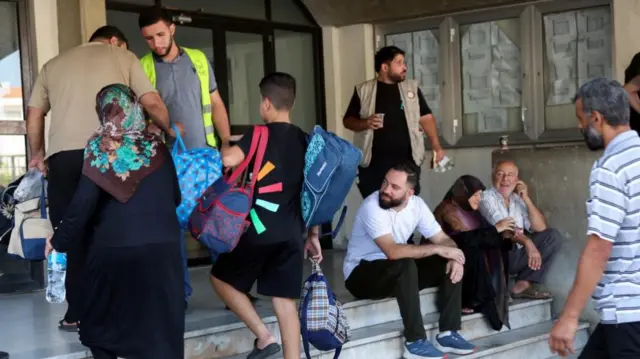We're restarting our coveragepublished at 05:41 BST 25 September 2024
If you’re just joining us, here are the main developments from the last few hours:
- Israel continued its attacks on southern Lebanon on Tuesday, amid calls for restraint from world leaders at the UN General Assembly in New York
- Lebanon's health ministry reported that six more people were killed overnight. That's pushed the total death toll to more than 560, including 50 children, since Israeli strikes began on Monday
- Israel and Hezbollah have confirmed that Ibrahim Qubaisi - a commander who oversaw Hezbollah’s missile and rocket systems - was killed in attacks earlier on Tuesday
- Tens of thousands of displaced people are fleeing their homes across Lebanon, with many taking shelter in public schools and makeshift centres
- The UN Human Rights Office has expressed alarm at the number of casualties in the strikes, saying they could have violated international humanitarian law
- Israel argues it is being forced to target densely populated areas like Beirut because Hezbollah is using civilians as shields and embedding weapons amid the population
- Meanwhile Tel Aviv and parts of central Israel woke up to the sound of air sirens early on Wednesday after Israeli defence systems intercepted a missile detected crossing from Lebanon, according to the Israeli military
Stay with us as we bring you more.


